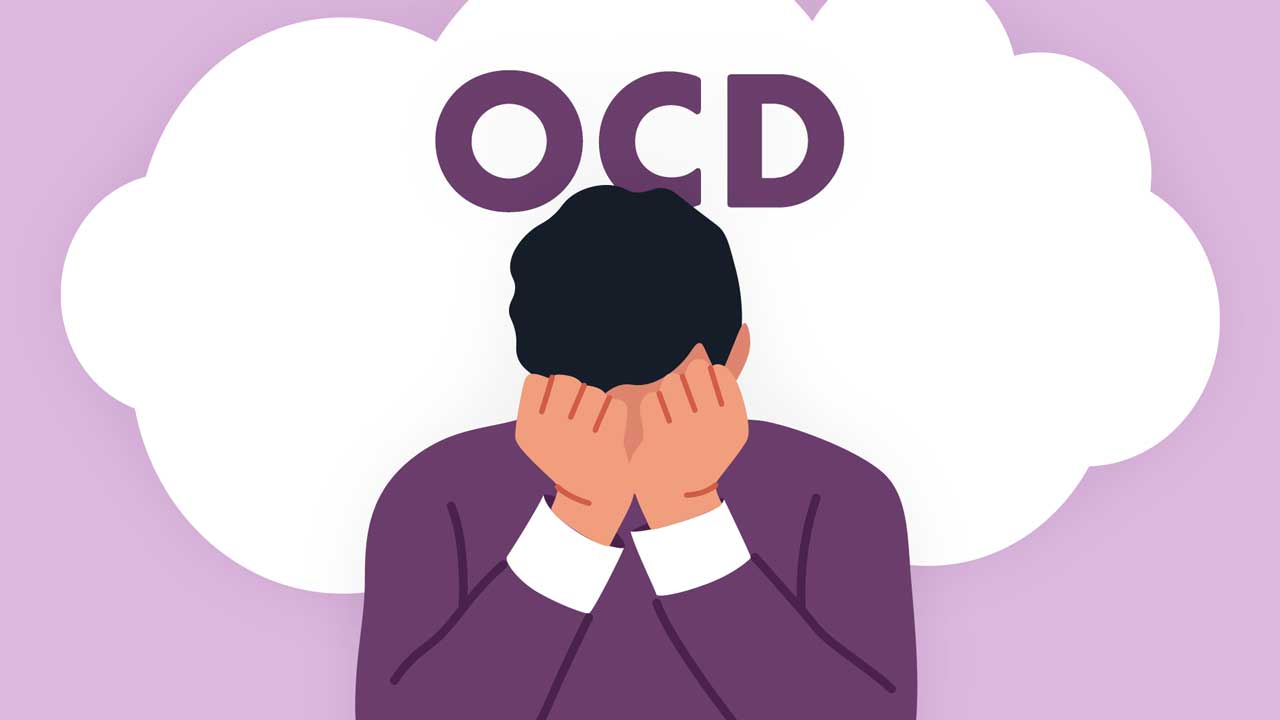Obsessive Compulsive Disorder, or OCD is known as a critical mental health condition. This illness is often not given enough attention, yet it can lead people into severe depression. OCD causes individuals great suffering, which can be as painful as any physical ailment. Unfortunately, its exact causes and cures remain unknown.

Even famous Indian actress Deepika Padukone struggled with this disorder. By the time she recognized it, the disorder had taken a significant toll on her. Studies show that one out of every 50 people worldwide experiences OCD at some point in their lives. It can affect anyone, regardless of gender. The journey of OCD begins with mental restlessness, anxiety, and excessive worry. Obsessions are persistent and unwanted thoughts or desires that can harm mental health. Compulsions are actions people take to try and get rid of these uncontrollable thoughts or desires. Often, they occur together in people with OCD. Mild obsessions might not be problematic, but when they become severe, they can cause significant issues in one’s social and daily life.
The exact cause of this disorder is unknown, although it may be related to neurochemical changes. Women who have experienced sexual abuse have a higher likelihood of developing OCD. In some cases, new mothers may develop OCD after childbirth. It can also be associated with brain disorders. OCD can trap you in a web of irrational thoughts, threatening your family, social life, and professional life due to the behaviors it leads to.
Several signs can indicate that someone may be at risk for OCD. They might excessively worry about the cleanliness of their surroundings or engage in irrational thinking. Severe depression can result from this condition. Many people suffer from OCD, but since it often goes unreported, there is no official data on its prevalence. People with OCD experience unwarranted fears about various things, such as contracting a severe illness, seeing blood, heights, loneliness, and more.
Regrettably, society often does not acknowledge OCD as a legitimate illness. However, many people follow their doctor’s advice and take medication to alleviate the symptoms gradually. It is important to practice yoga, meditation, and various forms of exercise to manage OCD. Getting sufficient sleep and exercise is crucial, and avoiding alcohol and sugary foods can also be helpful. Sometimes, following a psychiatrist’s guidance can help control OCD.
Leave a Reply